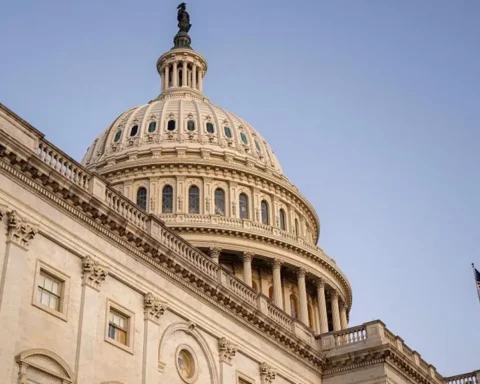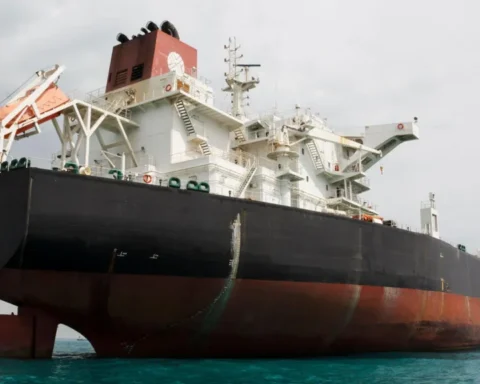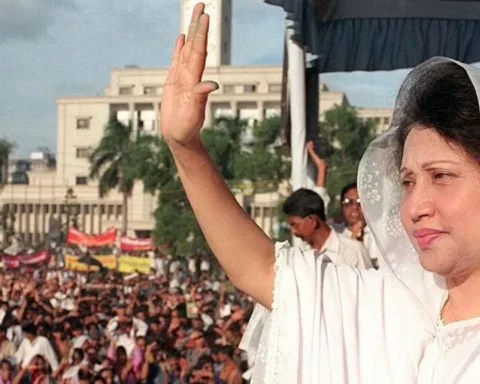The G7 would need to get large consumers like India and China involved for such a plan to work.
As military battles continue in the Ukraine war, the parallel skirmish over energy continues to escalate, with the West announcing plans for price caps to try and stem Russia’s soaring oil revenues directly financing its expansionist ambitions.
The Group of Seven (G7), a group of the world’s richest Western nations, said at a recent summit in Bavaria that it is exploring the feasibility of capping Russian oil prices, thereby preventing Moscow from profiting from jumps in market prices due to the invasion of Ukraine.
The group includes most of Russia’s most vocal adversaries, such as the United States, Germany and Britain, and said in a communique that it would try and stop the export of Russian oil not purchased at or below a certain price. While the details of such a dramatic proposal would still need to be sketched out, the political effects of the statement was heard loud and clear by a dismissive and sceptical Kremlin.
A price cap could work through a system to reduce or ban insurance or financing for Russian oil shipments above a certain amount.
In simple terms, if a tanker agrees to take an oil shipment from Russia at higher than the G7-set rate per barrel, it will not be able to obtain the insurance and financial services essential for such a transaction to be successful.
But one thing is clear, for such a move to work, the G7 would need to get countries beyond its membership involved – especially large consumers of Russian crude such as China, India and Turkey – and it would need to find alternate producers to fill the power void.
“It’s going to be challenging, it seems enforceable among Western countries, but internationally it needs others to take part, and that includes India and China,” Timothy Ash, an economist and associate fellow at London’s Chatham House think-tank, told Al Jazeera.
“One aspect about sanctions or such measures is the unintended consequences it has on global markets,” he said. Like all markets to some extent, there are the effects of demand and supply. Since the West consumes huge amounts of oil, technically it should have some say over the pricing.
“But aside from manipulation, the global economy may well experience such a slowdown from the war in Ukraine that demand effectively comes down on its own. Bizarrely, stagflation could end up being the next weapon against Russian energy,” he added.
The European Council president, Charles Michel, told reporters in Bavaria that G7 leaders would discuss a technical mechanism that had the effect of an oil price cap through services related to oil and export insurance.






